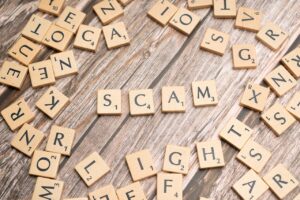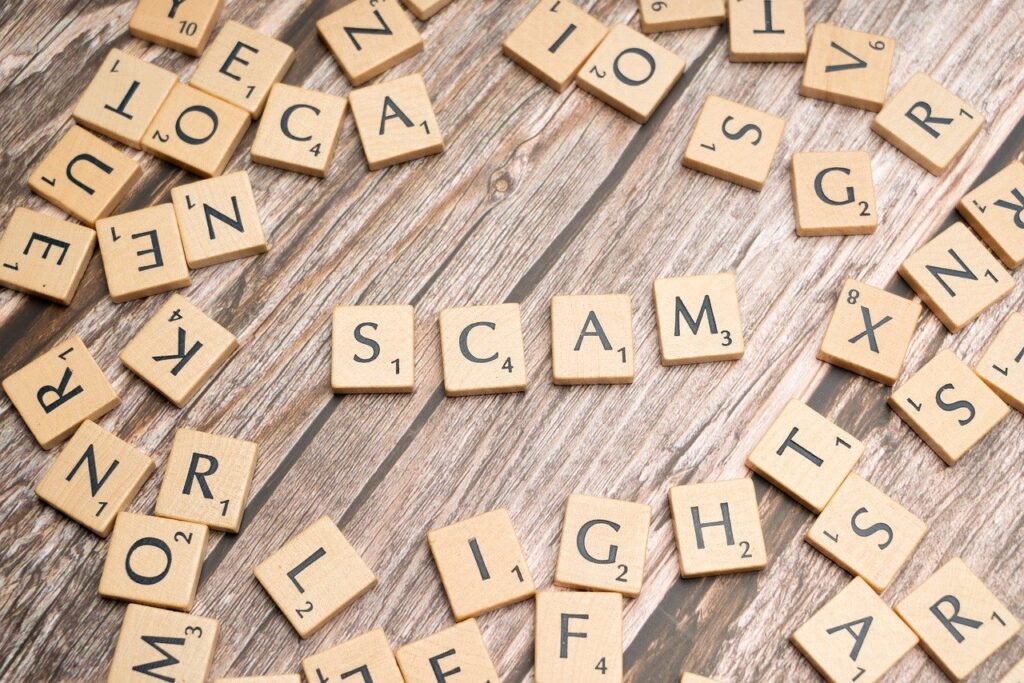Bloomberg Law reported a huge data leak of extremely sensitive personal information this month, impacting almost 3 Billion people. Social Security numbers were part of the sensitive personal data leaked.
A cybercriminal group called “USDoD” exposed a database owned by National Public Data, a background check company, on the dark web. Concerned readers can check if their information was leaked by visiting npd.pentester.com.
When you’re on the site, type in your first name, last name, state, and birth year. I checked mine this week and my name was listed 😟
What to do?
Social Security Administration (SSA) suggests steps to take if you’ve been affected. If you have seniors in your life who aren’t as proficient with technology, you may want to check on their information too.
- Visit IdentityTheft.gov. Make a report and get a recovery plan. You can also call 1-877-438-4338.
- Visit the Internet Crime Complaint Center. File an online report.
- Notify one of the three major credit bureaus: Equifax, Experian, or TransUnion.
- Consider adding a credit freeze and/or fraud alert to your credit report.
- Check your credit report for anything out of the ordinary. (You can get a free credit report at AnnualCreditReport.com)
- File a police report. Keep a copy of it for your records in case issues arise in the future.
- Contact the IRS to prevent others from using your Social Security number to file a tax return to steal your refund. Call 1-800-908-4490 or visit Identity Theft Central.

Image by Markus Winkler from Pixabay
Freezing your Credit
Vox.com wrote an article this week about the recent credit leak. Thanks to a 2018 law that loosened some banking regulations in the wake of the Great Recession, the credit bureaus can no longer charge fees to freeze and unfreeze your credit files. You can also request a free credit report from each of the bureaus once a week now, rather than once a year.
You can put a freeze in place by setting up an account at each of the credit bureaus’ websites. (Here are direct links to the pages to freeze your accounts for Equifax, Experian, and TransUnion.) Once your account is set up, it only takes a couple of clicks to freeze your files. You can also file a freeze by phone or by mail. Read more about how that works here.
If you have kids, you can freeze their credit files, too — even if they don’t have one yet. Although freezing a child’s credit is not as quick as two clicks on a website, it’s fairly straightforward and could save your family a lot of grief.
“Childhood identity theft is outpacing adult identity theft,” said Sayers, from the Center for Internet Security. “A lot of parents and children don’t realize their identity is stolen until they turn 18 years old and they need to get a college loan or they need to get their first credit card.”
Home Deed and Title theft is on the rise. Kiplinger.com posted an article in June, if you’re interested in reading about this.
Deed theft is a real issue. Is it a growing problem? That’s hard to determine; the FBI collects broad data on real estate fraud without reporting specifically on the type of fraud. Real estate fraud can encompass more than title forgery, such as when borrowers misstate their ability to purchase a property or renters are cheated out of a security deposit. What’s clear, though, is that this general category of real estate fraud is on the rise.
Four steps you can take to Prevent Deed Fraud
- Pay attention to incoming bills. Keep a close eye out for mortgage, tax and water bills. Sometimes, thieves change the address on bills to hide their crime, giving them more time to profit from the property. If you’re looking out for older family members, make a note of when they receive bills each month and check to make sure the bills continue arriving.
- Check the status of your property deed. Anyone can check local registries or the county recorder’s office for land records and property deeds online in the United States. Try to check your deed’s status regularly to ensure no one is trying to take over your ownership rights. Or better yet, if possible, set up notifications at the registry to alert you to any changes.
- Monitor your credit reports for signs of identity theft. Most people only look at their credit reports when they’re applying for a mortgage or loan. However, if you want to avoid becoming the victim of deed fraud, you should be more vigilant. The three major credit bureaus — Equifax, Experian and TransUnion — offer a free credit report to consumers each week at AnnualCreditReport.com.
- Check if you have a title insurance policy or buy one when refinancing. When you buy a house or refinance, you can purchase enhanced title insurance through the American Land Title Association (ALTA). Their Homeowner’s Policy ensures against impersonation or forgery. Ask your title company for help with pricing and signing up.

Pixabay.com
Be Aware
There are many (too many) details to pay attention to regularly. In many families, we divide our tasks to play to your strengths. This is great WHEN you are sharing the details of what’s happening.
I would highly suggest communicating regularly with involved persons to be involved, aware, and familiar with what’s what! If you’re interested in pre-planning, knowing what to do at a loss, and/or learning about the ongoing follow-up, check out my book The Living Planner (What to Prepare Now While You Are Living). Here is a direct link to my shopping cart. Check it out HERE. For those who prefer to access information via an online portal, I’ve created a step-by-step 12-Module DIY method: Check it out HERE.
Reach out via Email or Message me if you have any questions. For additional information about my work check out @ The Living Planner or @ The Living Planner.
Sharing this quote today “True wisdom comes to each of us when we realize how little we understand about life, ourselves, and the world around us.” – Socrates
To understanding life more and more – have a good week 🌞Lynn
#Can’tPredictCanPrepare #PlanfortheUnplanned

